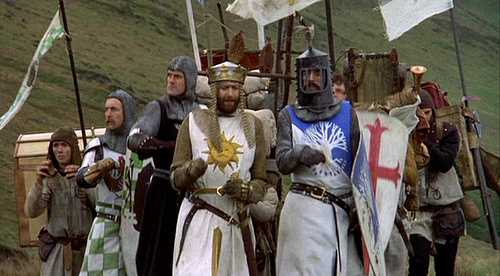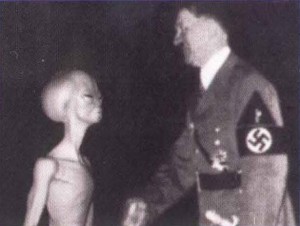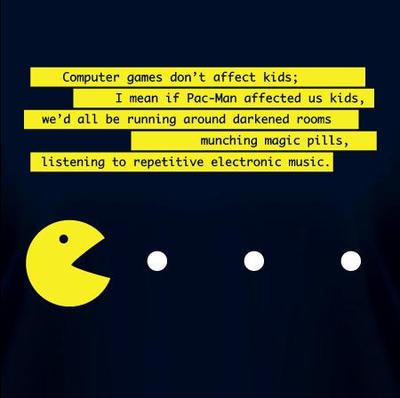Sometimes I’ll be driving down the road in town and I’ll see a sign outside an area that’s being developed. It’ll say something on it like “2 acres, zoned commercial.”
And I know exactly what they’re talking about. I mean, why wouldn’t I? I’ve played SimCity.
In fact, 99% of what I know about city development and planning comes directly from SimCity.
Just like everything I know about Europe in the 15th century comes from Europa Universalis 3. They don’t teach you about this sort of thing in school– not here, anyway. You get one year– nine months– of “World History” and they have to cram everything from pre-history to the present era in those nine months. Do you think they have the time to tell you about a bunch of dinky little countries in Europe that have since disappeared or merged into larger ones? They don’t.

Now, some games, of course, expressly set out to be educational. Some of them succeed, and some of them don’t. The Oregon Trail is one of the ones that succeeded. Thanks to that game I am expert on dozens of landmarks dotting the midwestern US, as well as several other interesting tidbits, such as: how to use 19th century first aid to treat a variety of illnesses, when it is appropriate to ford the river or caulk the wagon when crossing a river, and how to identify a wide variety of poisonous plants. Whether or not any of these skills will come in handy some day remains to be seen, but one can only hope.
Strategy games have taught me a good deal about war through the ages. I can’t claim to be at the same point that Mister Adequate is (the chap actually has a master’s degree in this sort of thing, thanks to an interest in it that was sparked by video games), but where else would I have learned about various types of war doctrines or crazy sounding terms like “amphibious invasions”? The History Channel, maybe.

Actually, I was recently flipping through a coffee table book my mom had lying around; it was called “The 100 Most Important Ideas in Human History” or something. Reading it was like reading an enhanced version of the Civilization tech tree. I mean, you literally could have released this book as an addon to a Civ Special Edition package or something and no one would have questioned it because the game and the book cover the exact same material.
You know, I could go on and on with sort of thing all day. Just like all other media, video games teach us things and mold us into who we are. Sure, we all love to relay that infamous Pac-Man joke:

…but somewhat lesser known is the fact that surgeons who played at least three hours of video games a week made 37% fewer errors in surgery simulations. Or that kids who played a math game over the course of a few months saw their test scores increase by eight.
Glad to see I’m not the only one who learns from games!

Every time they do studies, it comes out that the brain just plain thrives on stimulation. Situations where it needs to think and figure and consider and stretch. Even your standard shooter games can convey incredible amounts of information — my 9 year old cousin spent twenty minutes last time he was here explaining to me, when you’re in an enclosed space in Call of Duty and enemies come in from both sides of the room, how to decide which one of them to shoot first to keep them from giving away your position to their teammates. Did I mention he’s NINE?
Yeah, that may not ever be useful information for him (or maybe it will; his father, grandfather and great grandfather were all soldiers). But it’s information, and the brain gets better at learning the more it learns, no matter the content. It’s not even just games — I was reading competently before I was three, and credit goes equally to my mother and Vanna White for that.
I’m actually reading a book, “Reality Is Broken,” sort of related to this. Not about games facilitating learning, but motivation — why playing games is so psychologically rewarding and how that can be used to motivate huge swaths of people to do awesome things. If you’ve got time to read anymore I think it’s the kind of thing you’d love. If not, the author did a TED talk here.
English is my second language. I can speak, read, and write it fluently partially thanks to the metric truckload of video games I played during my childhood and adolescence. Thanks, video games.
Actually it happens to me to.
I learn ‘inglish’ from games and for games. Playing RPG with a dictionary in second hand never was real fun.
On the other hand a history. I must admit that I love history games and they are in fact a guilty pleasure for me and a big source of frustration. I point finger at you EU series(and other Paradox games).
More I know about history – less I enjoy history games. Especially if they claim to ‘realistic history games’. And they arent. Arghh!!!!!
Burn Paradox burn!!!
That history channel bit was spot on, lol. Sheesh, every other program now is either “history of nazi Germany” or “Area 51 Unmasked”.
That Pac-man cracks me up. Rave, anyone?
And yeah, its been talked over so much that video games in general improve hand eye coordination; what more could you want if you were surgeon? Training simulators are amazing.
I can’t think of too much real world stuff, personally…probably because I mostly like RPGs lol